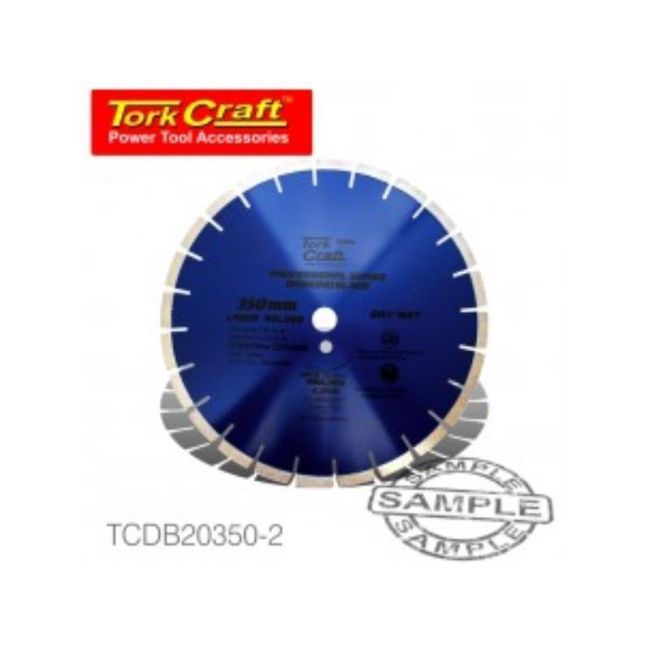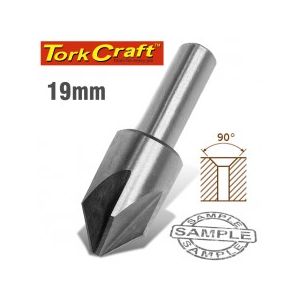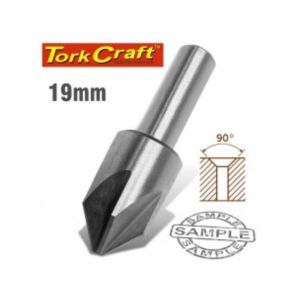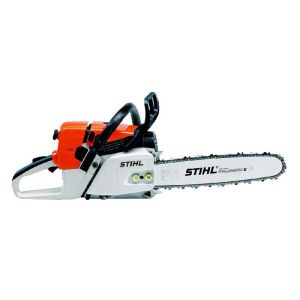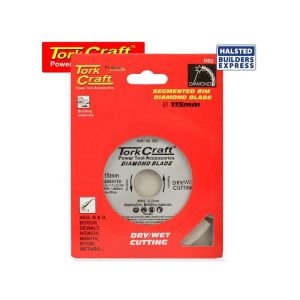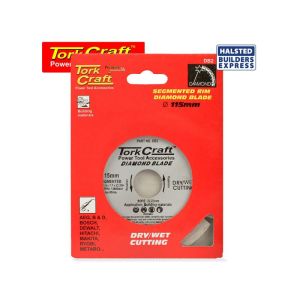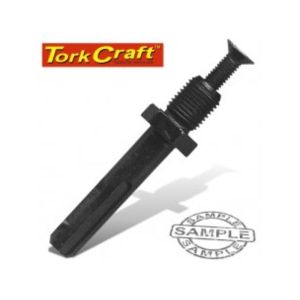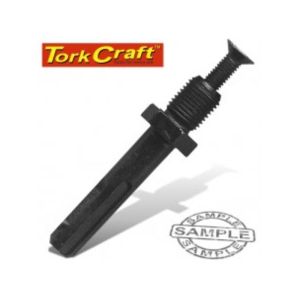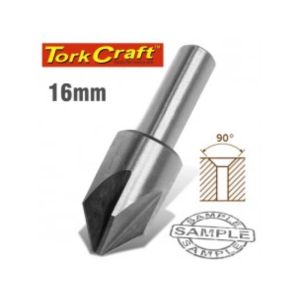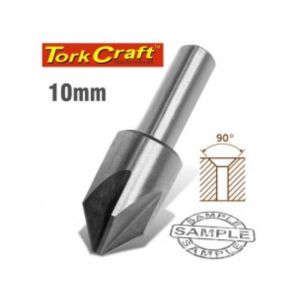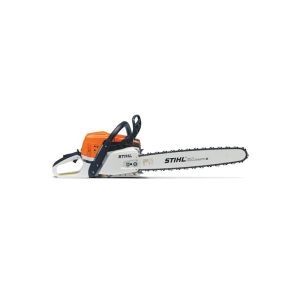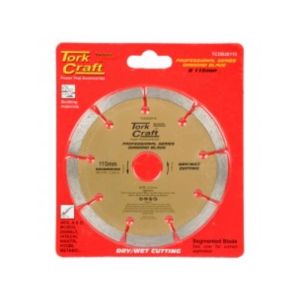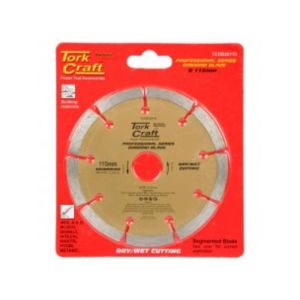Currency
STORE OPENING TIMES
MON - FRI
SAT
SUN
Borrowdale
7:30am - 5pm
8am – 4pm
9am – 1pm
Bulawayo
7:30am - 5pm
8am – 3pm
9am – 12pm
Marondera, Mazorodze, Msasa & Mutare
7:30am - 5pm
8am – 1pm
9am – 12pm
Gweru, Kwekwe & Masvingo
7:30am - 5pm
8am – 3pm
Closed
Workington & Victoria Falls
7:30am - 5pm
8am – 1pm
Closed
Public Holiday hours may vary from above
Tork Craft Diamond Blade 350x25.4mm Laser Ind. Duty
USD 175.56
The individual diamond crystals exposed on the leading edge and the sides of the segment or rim carry out the cutting. The operator pushes the rotating blade into the material and the surface diamonds thus exposed mill a groove in the material. When the blade mills the material, the latter exerts wear on the blade. During cutting the exposed diamonds may crack or break. The material simultaneously starts to abrade the metal matrix, which releases more diamonds.
The more abrasive the material, the more rapid the tendency to wear down the matrix. Blades for cutting hard, denseless abrasive materials (such as tile, bricks, stone or cured concrete), require a softer metal matrix.
This will wear down faster, replacing the worn diamonds fairly quickly so that the blade continues to cut.
Blades for cutting soft, abrasive materials (such as green concrete and asphalt), must have a hard, abrasion-resistant metal matrix in order to retain the diamonds for a longer time.
Availability:
Out of stock
SKU
APTCDB203
0 left at Marondera
Tork Craft Diamond Blade 350x25.4mm Laser Ind. Duty
| Disable Cart | No |
|---|---|
| Weight | 0.500000 |
| Pallet Size | Pallet1 |
| UOM | Ea |

Thank you for your submission! We have received your information and a Halsteds representative will contact you on your provided details when you can start enjoying your True Blue discounts online!

